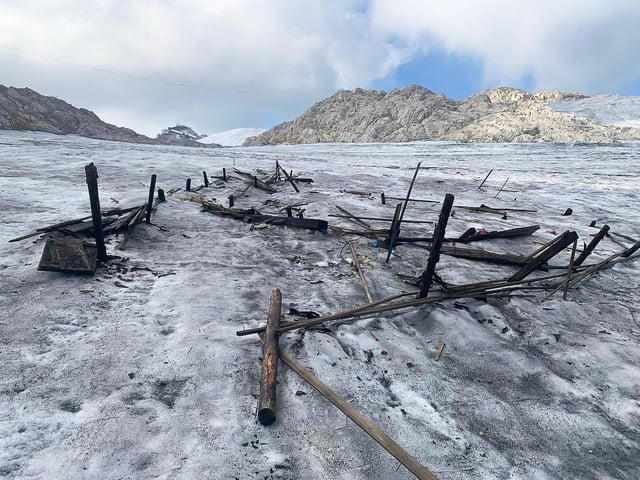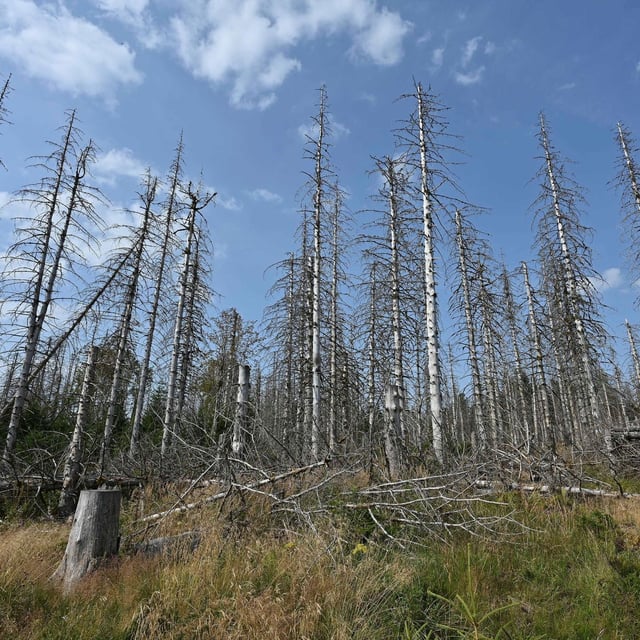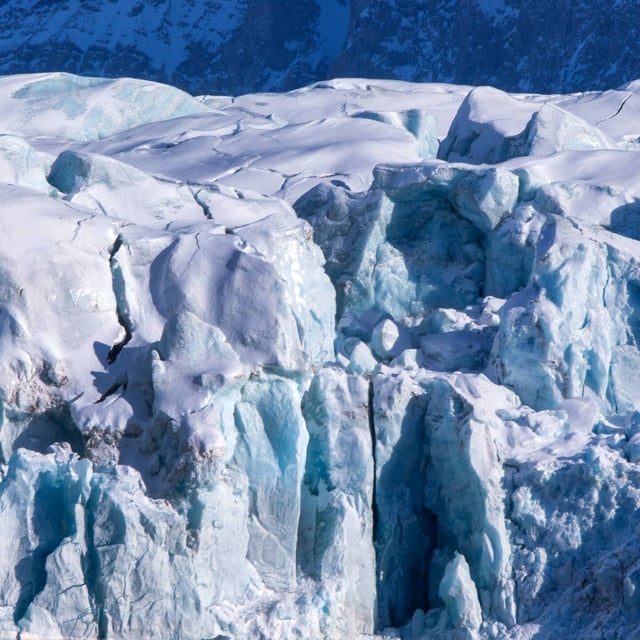Overview
- Peer-reviewed analysis finds Spitzbergen lost about 61.7 gigatonnes of ice in summer 2024 (±11.1 Gt), roughly 1% of its total, contributing about 0.16 mm to global sea level rise and 0.27 mm for the wider Barents Sea region.
- Researchers attribute the Arctic losses to a persistent six-week circulation pattern that produced record air temperatures, describing the episode as a likely preview of conditions later this century.
- Germany is about 2.6°C warmer than in pre-industrial times, and a dpa August photo series shows visible impacts including receding alpine ice, damaged forests, and lower lake levels such as at Arendsee.
- Scientists warn that small German glaciers at Watzmann and Blaueis are on the verge of losing glacier status, with updated measurements planned via drone surveys in September and the Nördliche Schneeferner also at risk this decade.
- Retreating Alpine ice is surfacing long-buried infrastructure, with a roughly 50-year-old ski lift emerging on Austria’s Dachstein glacier and operators reporting route changes and attractions that may only last a few more years.



